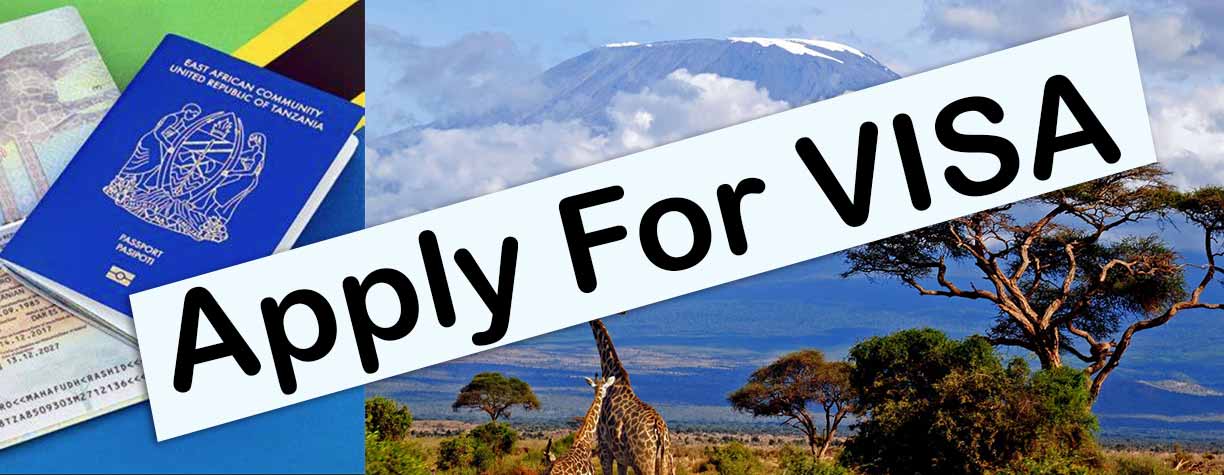VISA Requirements for Traveling to Tanzania
Planning your safari to Tanzania involves securing the right travel documents, including a visa. Here's a guide to help you navigate the visa application process and ensure a smooth entry into this incredible destination.

Do You Need a Visa?
Who Requires a Visa: Most visitors to Tanzania, including citizens of the United States, Canada, the United Kingdom, Australia, and the European Union, require a visa to enter the country. However, citizens of certain African and Commonwealth countries may be exempt. Check the specific requirements for your nationality before traveling.
Types of Visas Available: The most common visa for tourists is the single-entry tourist visa, which allows you to stay in Tanzania for up to 90 days. There are also multiple-entry visas available for those planning to enter and exit the country multiple times within a year.
How to Apply for a Tanzanian Visa
Online Application (eVisa): Tanzania offers an online visa application system, known as eVisa, which allows you to apply and pay for your visa in advance. The process is straightforward and typically takes up to 10 business days for processing. Visit the official Tanzania eVisa website to start your application.
Visa on Arrival: Alternatively, you can obtain a visa upon arrival at any of Tanzania’s main entry points, including Julius Nyerere International Airport (Dar es Salaam), Kilimanjaro International Airport, and Zanzibar International Airport. Be prepared to pay in cash (USD) and have your passport, return flight ticket, and proof of accommodation ready.
Required Documents: When applying for a visa, you will need a valid passport (with at least six months' validity), a completed visa application form, a recent passport-sized photo, proof of travel arrangements (flight and accommodation bookings), and sufficient funds to cover your stay.
Visa Fees and Validity
Visa Fees: The cost of a single-entry tourist visa typically ranges from $50 to $100 USD, depending on your nationality. Multiple-entry visas may cost more. Fees can be paid online for eVisas or in cash upon arrival.
Validity Period: A standard tourist visa is valid for 90 days from the date of issuance. If you plan to stay longer, you may need to apply for a visa extension at the Tanzanian Immigration Office.
Important Considerations
Yellow Fever Certificate: If you are traveling from a country with a risk of Yellow Fever, you must present a Yellow Fever vaccination certificate upon arrival. This is mandatory for entry into Tanzania.
Visa Extensions: If you need to extend your stay beyond the 90-day limit, you can apply for a visa extension at the Tanzanian Immigration Office. Ensure you apply before your current visa expires to avoid penalties.
Keep Copies of Important Documents: Always keep copies of your visa, passport, and other important documents in a safe place, separate from the originals. It’s also a good idea to have digital copies stored securely online.
Special Entry Requirements for Zanzibar
Separate Visa for Zanzibar?: Zanzibar is part of Tanzania, so the same visa applies for entry. No separate visa is required if you’re traveling to Zanzibar from mainland Tanzania. However, customs checks and passport control are conducted when flying between the mainland and Zanzibar, so keep your documents handy.
Mount Kilimanjaro Climbing (Best from July to October and January to March): For those planning to summit Mount Kilimanjaro, the best time to climb is during the dry months when the trails are less muddy, and the weather is more predictable.
